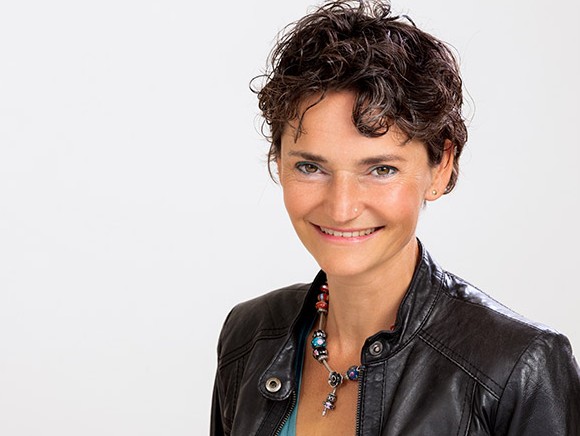
Digitisation, blockchain, robotisation, the IoT, Smart Industry...once you start exploring the world of ‘Industry 4.0’ you’re confronted with an impressive list of terms that – as far as I know – didn’t even exist around a decade ago.
Or if they did, then only among highly educated mathematicians, scientists and computer freaks, the ‘geeks’. And now? Now, geeks are hip and trendy, and touchscreens have become the most normal thing in the world. At home my 11-year-old son, a very normal boy, has a blast on ‘Hackaball’. The app on his tablet lets him program the ball and hence create his very own games.
Global figures on robotisation, presented in the latest annual report by the International Federation of Robotics (IFR), show that Dutch manufacturing companies purchased 20% more robots in 2016 than in the previous year – more than ever before, in fact. According to IFR estimates, the number has almost doubled over the past decade and there are now over 11,000 robots in use in Dutch factories. Notably, this rapid increase is not coming from the automotive sector but rather from the food industry, where no less than 429 new robots were set to work last year (compared to less than half that number in 2015). So you’re all leading the way!
Robots will take over people’s jobs in many sectors in the future, and that thought can also scare people. For now, those jobs are often the boring, repetitive tasks and physically very demanding work – but what does the future hold? Technology is rapidly advancing. Robots’ capabilities continue to expand, thanks to artificial intelligence, deep learning, vision technology and augmented reality. Is the fear of robotisation justified? Or will robots mainly make work easier and more interesting for people? Will we see the creation of new jobs that we can’t even imagine right now?
I’ve never thought about and read about robotisation so much as I did when putting together this edition. Like many other people, I don’t have a great affinity with technology, programming and binary code. But one thing I can do is look ahead and think about the future – which is a pretty fundamental human characteristic. Yes, robots are adept, accurate and can perform certain tasks at lightning speed. But they are not creative or kind, they have no capacity for empathy, they don’t make their own mistakes and they can’t ‘think outside the box’ – plus they really don’t have an ounce of humour.
So in 2018, I hope you will make mistakes and learn from them, be kind to one another and, above all, keep smiling!
Judith Witte
Source: © Vakblad Voedingsindustrie 2017